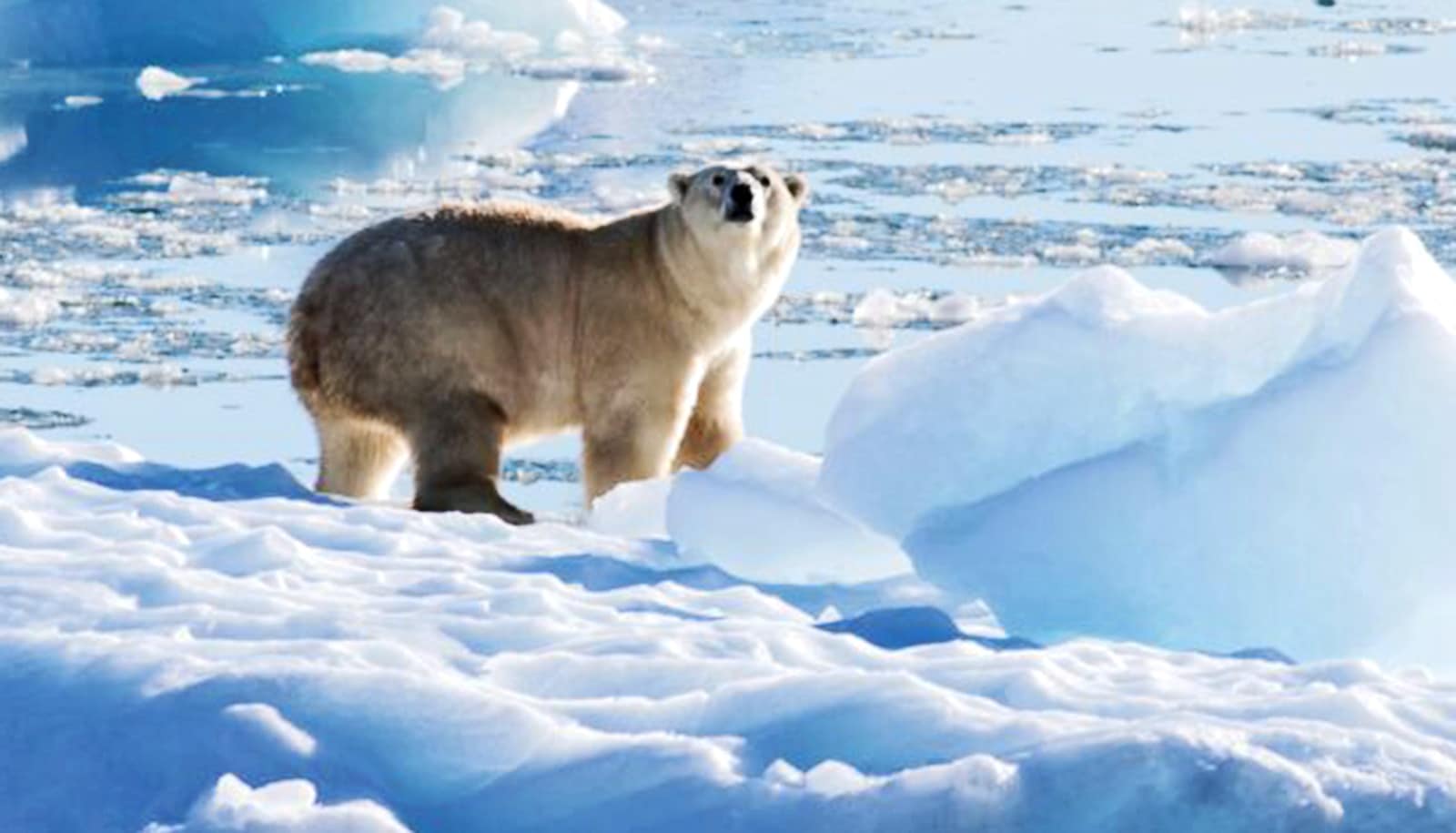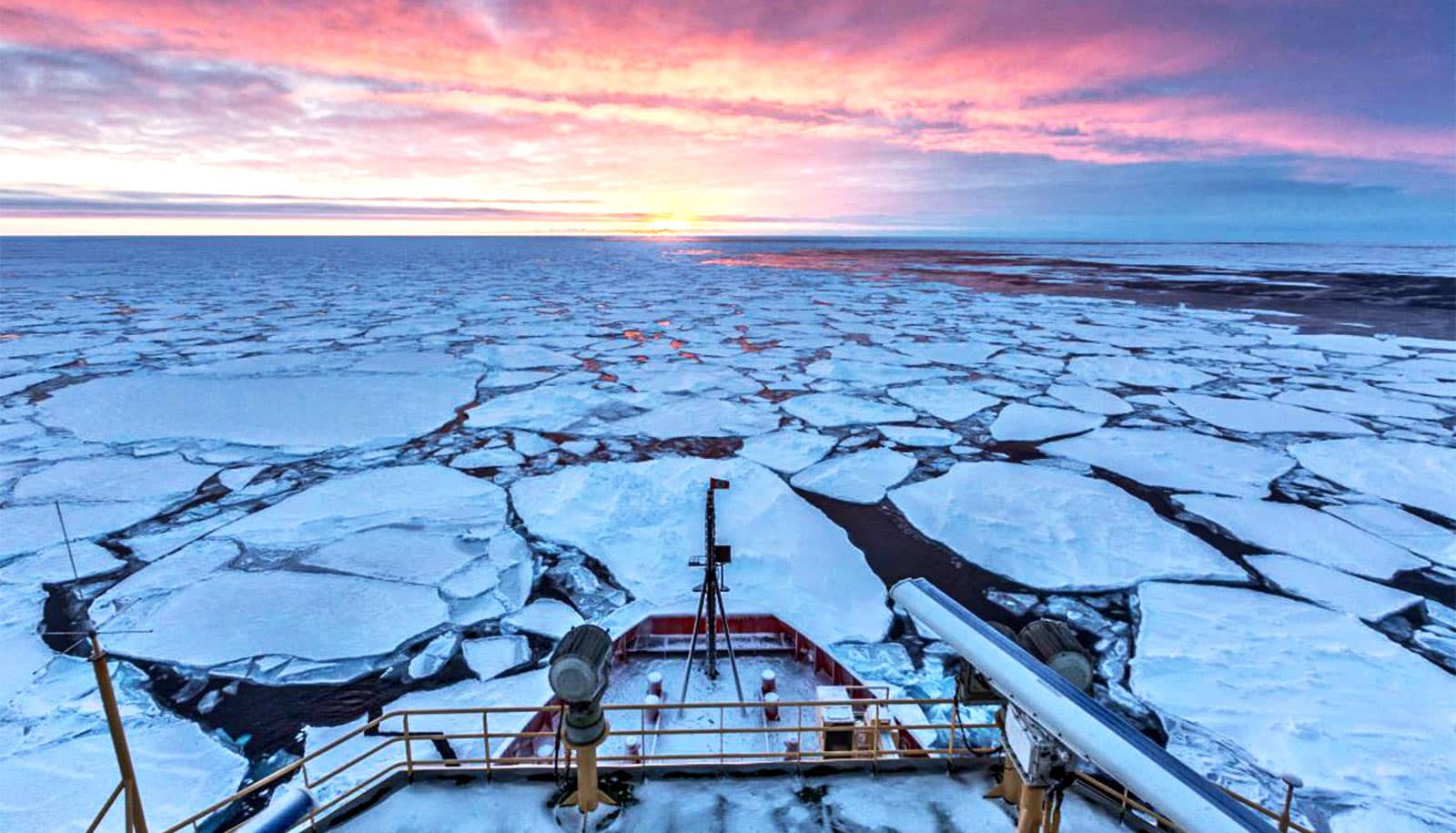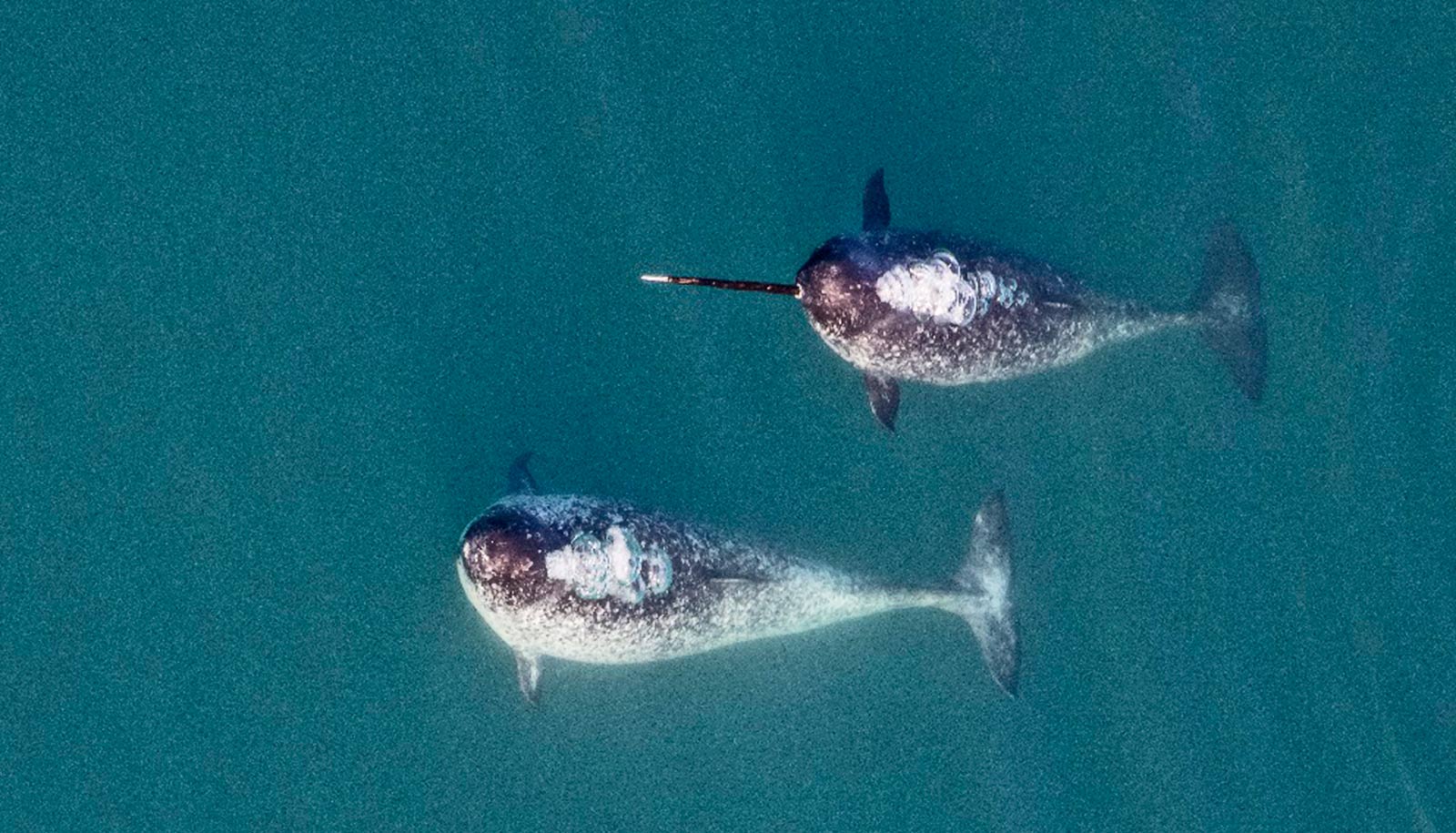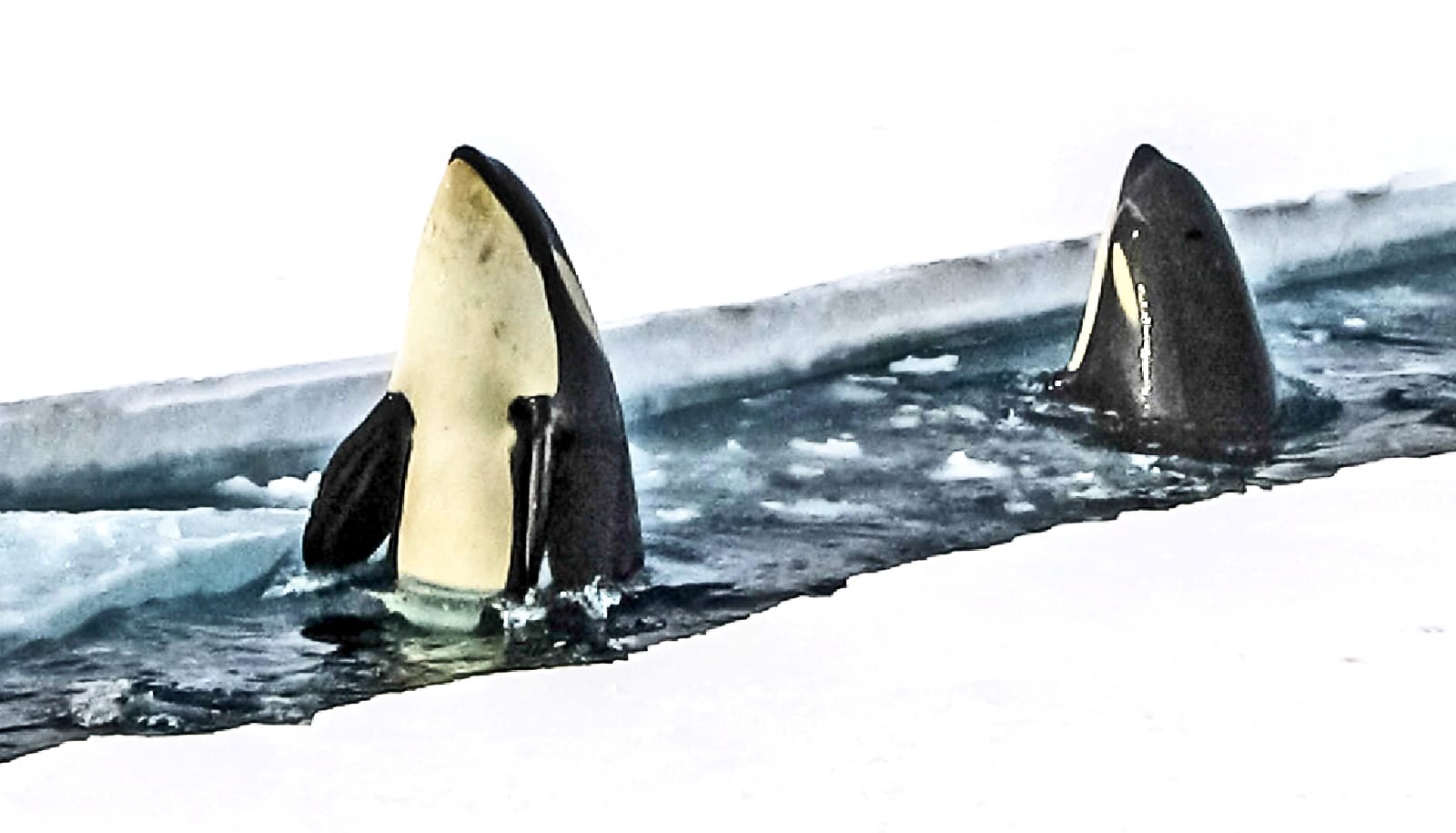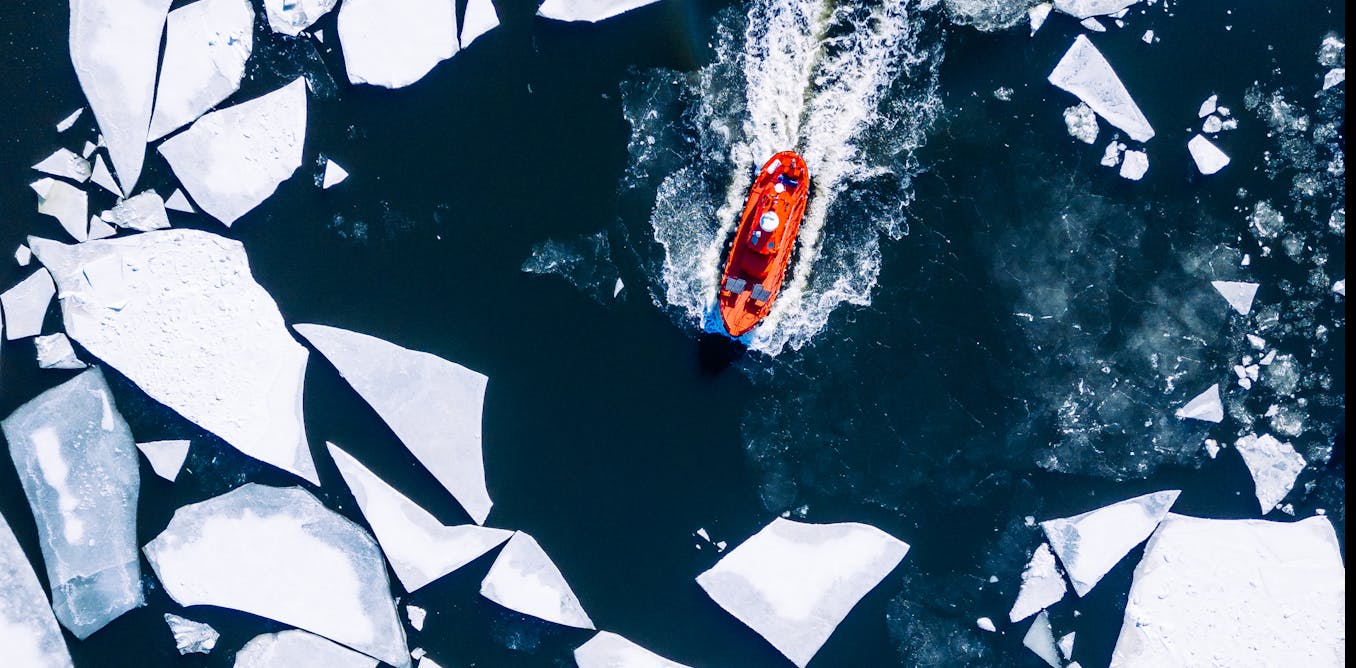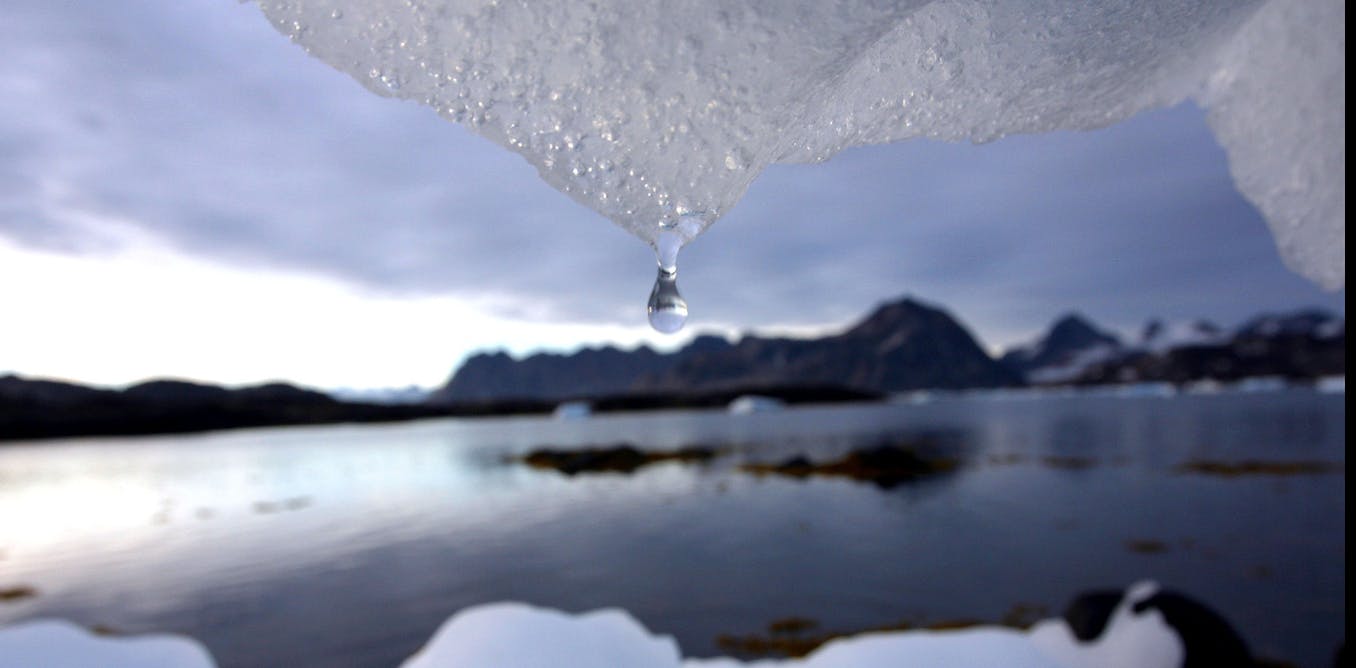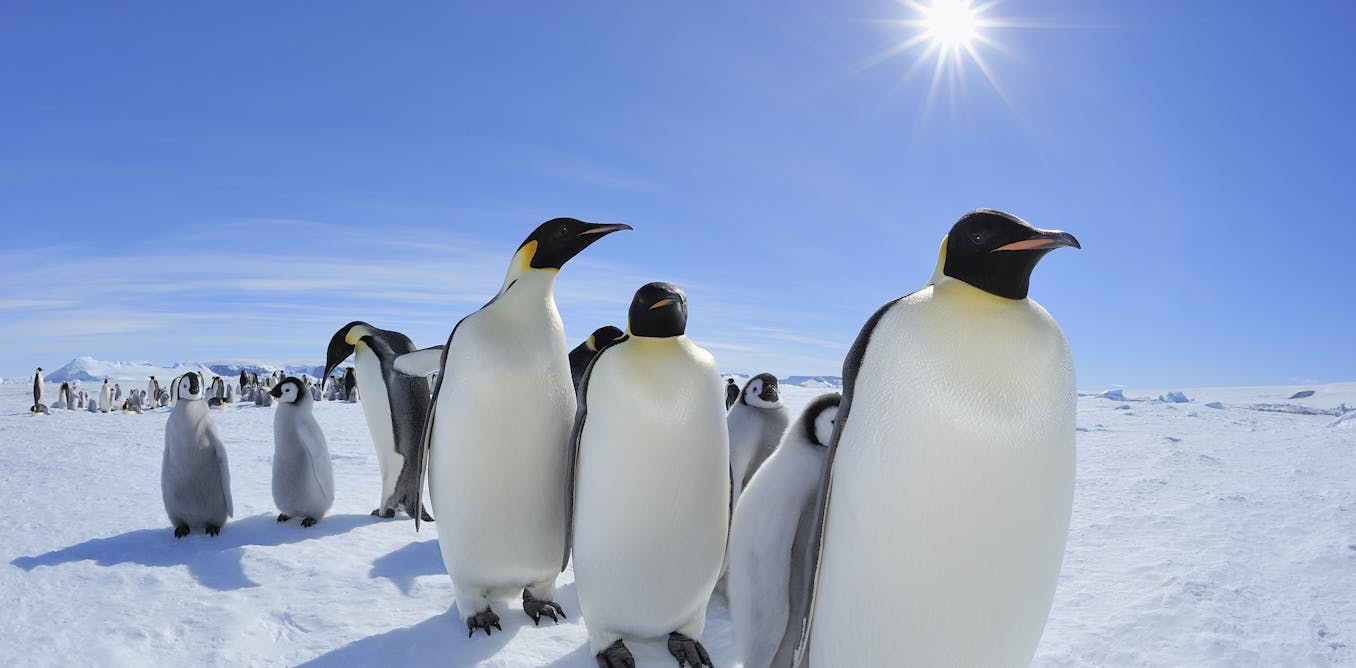2021 Arctic Report Card reveals a (human) story of cascading disruptions, extreme events and global connections
Sea ice is thinning at an alarming rate. Snow is shifting to rain. And humans worldwide are increasingly feeling the impact of what happens in the seemingly distant Arctic.
Twila Moon, Deputy Lead Scientist, National Snow and Ice Data Center (NSIDC), Cooperative Institute for Research in Environmental Sciences (CIRES), University of Colorado Boulder •
conversation
Dec. 14, 2021 • ~9 min
Dec. 14, 2021 • ~9 min
Arctic sea ice hits its minimum extent for the year – 2 NASA scientists explain what's driving the overall decline
A closer look at how ice cover changed through the months offers some important insights into the role of climate change and why every year isn’t a record.
Linette Boisvert, Sea Ice Scientist and Deputy Project Scientist for NASA's Operation IceBridge, NASA •
conversation
Sept. 22, 2021 • ~9 min
Sept. 22, 2021 • ~9 min
Climate Repair: three things we must do now to stabilise the planet
A plan for humanity’s surviving and thriving through our planetary crisis.
Jane Lichtenstein, Associate, Centre for Climate Repair at Cambridge, University of Cambridge
• conversation
Aug. 12, 2021 • ~11 min
Aug. 12, 2021 • ~11 min
IPCC climate report: Profound changes are underway in Earth's oceans and ice – a lead author explains what the warnings mean
Some of the climate changes will be irreversible for millennia. But some can be slowed and even stopped if countries quickly reduce their greenhouse gas emissions, including from burning fossil fuels.
Robert Kopp, Professor, Department of Earth & Planetary Sciences, and Director, Rutgers Institute of Earth, Ocean, and Atmospheric Sciences, Rutgers University •
conversation
Aug. 9, 2021 • ~12 min
Aug. 9, 2021 • ~12 min
98% of emperor penguin colonies could be extinct by 2100 as ice melts – can Endangered Species Act protection save them?
Emperor penguins survive in a ‘Goldilocks zone’ between too much sea ice and too little. A new study shows the risk they face from climate change.
Stephanie Jenouvrier, Associate Scientist, Woods Hole Oceanographic Institution •
conversation
Aug. 3, 2021 • ~9 min
Aug. 3, 2021 • ~9 min
/
7

